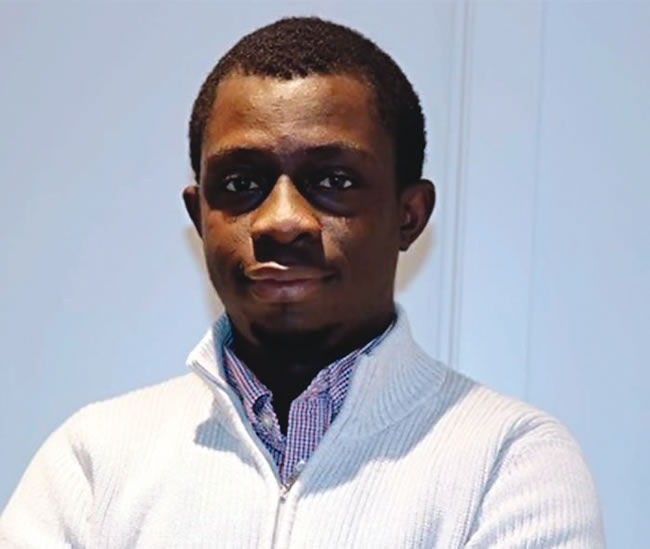Emeka is the founder of CampusLabs and a social entrepreneur focused on designing and implementing solutions that address curricular gaps in Nigerian tertiary institutions. In this interview with Kingsley Alumona, he talks about his work, the future of Nigerian higher education and how the government can help.
What kind of life/future do you see for Nigerian students under the current government?
The current education system could barely produce the human capital needed in the industrial age, how much more so now that we are in the web 3.0 era? (metaverse, blockchain, etc.). The good news is that knowledge has been democratized through the internet and if young people take personal responsibility for the results of their lives, they can learn the skills to compete anywhere in the world. That’s why we are setting up experiential learning spaces on university campuses.
How will you advise the federal government on graduate employment?
The first point is to partner with the private sector to set up career development centers in universities. These centers will serve as complementary learning spaces for work preparation, mentorship, recruitment and internships which will also be carried out in these spaces.
Second, redesign the NYSC program to make it a talent incubator and remedial capacity-building program that can fill entrepreneurial and professional skills gaps among Corps members. It could be designed in such a way that the members of the body engage in activities that enable them to acquire skills in problem solving, critical thinking, leadership and teamwork, which are essential requirements of the 21st century in the world of work and entrepreneurship.
Finally, the private sector and government can partner to upskill young people with digital skills for the gig economy, which is an opportunity for any capable youngster to earn foreign exchange while living in Nigeria and working for customers around the world. Technological skills are the means to achieve this and this gives us the advantage of bringing in scarce foreign currency. India is playing a leading role in this area and Nigeria can greatly benefit from it.
You are the founder of CampusLabs. What is it about?
CampusLabs is a company with a social mission to equip and connect young people in Nigerian universities with entrepreneurial, employability and technology skills so that they can compete in today’s global economy.
We partner with universities, corporations and governments to build entrepreneurial ecosystems and short-term ownership of cafes and other businesses on college campuses so students can start new businesses and learn skills of employability.
How do you achieve this and why do you think students/graduates need it?
The CampusLabs Employability Incubator, in partnership with the 234Project, is a work-readiness program designed to equip young people with the skills required for the demands of today’s job market. Selected candidates will undergo classroom sessions and interactions with seasoned facilitators, paired with mentors from different parts of the world, and will also undergo job shadowing experience (internship).
Additionally, there is a community impact component, where participants can design solutions and engage in a community development project of their choice. The goal is to expose young people to the benefits of being socially responsible citizens. The program lasts two months and culminates in a graduation/cocktail event where Great Aunts will interact with our USA partners and other industry leaders.
What courses are taught in the program?
We have 32 sessions focused on different areas such as emotional intelligence, interview preparation, creative job search, self-awareness, business writing, building professional networks, career development planning. This is just to name a few, as we have over 20 facilitators sharing their vast experience.
How can the program help students/graduates in the job market?
The program provides participants with knowledge, tools and connections to launch their careers. The program has been carefully designed to ensure each participant is matched with a professional in the industry they see as a pathway to a successful career and landing their first job.
After the program, where will their internships be? what type of community project will they be exposed to?
They will be placed in various organizations that cut across different industries and sectors. The goal is for them to have workplace experience and also gain valuable connections and skills for the next level of career growth.
As for the community impact project, we added this stream because we wanted to develop socially responsible citizens who don’t just care about earning a salary and climbing the corporate ladder. One of the benefits of engaging in the community project is that they learn to apply the design thinking process (also known as human-centered design) to develop solutions for any community that interests them. These projects allow them to deepen skills such as problem solving, critical thinking, teamwork, public speaking and leadership, to name a few.

